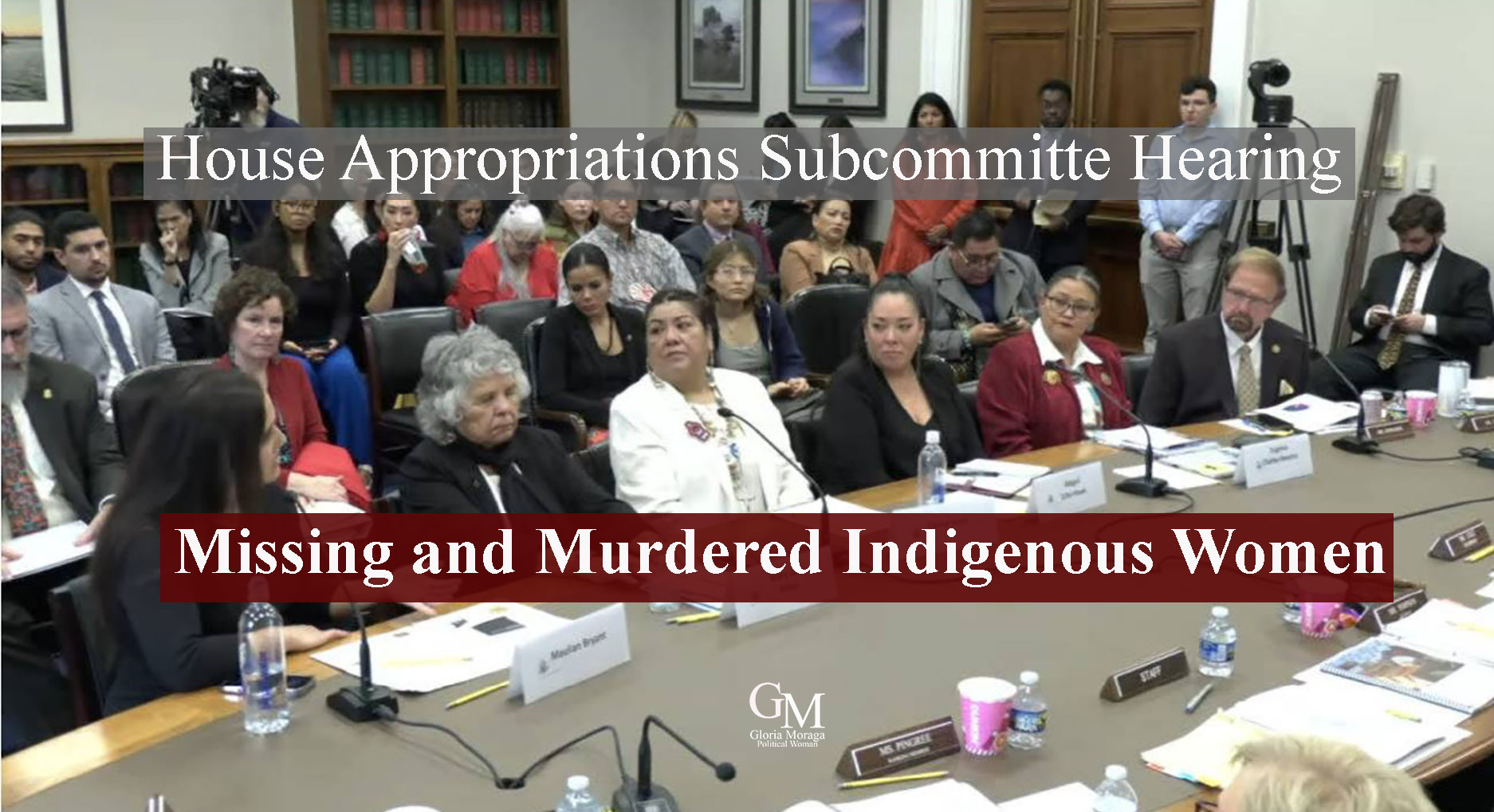“Criticism is something we can avoid easily by saying nothing, doing nothing, and being nothing.”
– Aristotle
We all receive criticism at Work. It’s how you Accept Criticism that important.
There’s the yearly review, but there are also projects that leave plenty of room for critics to speak up. This is Part Three of my series on Work Communication.
Part One is on Paralanguage https://gloriamoraga.com/communication-mistakes-at-work-wanting-ice-water/
Part Two, “Speak Up,” is all about communication and explaining your point of view. https://gloriamoraga.com/speak-up-mistakes-at-work-part-2/
Accepting Work Criticism is not as easy as it sounds.
When you are on a roll, and you are doing everything right, the world is great. But we are all human, and we all make mistakes. I produced a podcast called, “How to Accept a Compliment.” https://www.podbean.com/eu/pb-4h74c-e83224
This episode/post is titled “Accepting Criticism.”
Work Critics
How do you respond when somebody, your boss or supervisors, co-workers, criticizes your work?
Remember, there is constructive criticism, and there are mean, nasty comments that aim to hurt.
Communication can cut both ways. What’s important is your response.
If you listen to my other podcast episodes, you know, I have an easier time accepting criticism than compliments. Maybe that because I got far more critiques than compliments.
I’ll share some examples. And provide tips for you. Please subscribe. I need your support. And share my podcast. We all need to Communicate.
Throughout my radio and television career, I have received hundreds of critiques.
Criticism flows freely in television news.
How you accept or handle the criticism is more important than what is said.
Yes, of course, I received yearly work evaluations. I have also had notes in my personnel file. More than once because of my “Bad Attitude.” Or because I did make a misstep or had a lousy interaction with another employee.
I have been yell at. A lot. By bosses and co-workers.
Once a photographer told me I talk too much and to just shut up. That same photographer screamed at me right before a live shot to get my ass over here.
When you work in television news, you receive a lot of criticism.
When you are a political reporter, multiply that times two.
You are routinely screamed at by producers and photographers.
I’ve been threatened numerous times that I will be fired.
Republicans claim you are slanting the story to help democrats. Democrats make the same claim.
At that point, you think the story must be fair. Both sides hate it.
Some of my bosses and I have been called by the governor’s press secretary. The governor hated my story.
Once a White House spokesperson yelled at me and threatened to pull my White House credential.
When I was a young reporter, an assistant news director would yell at me when I walked into the station after a live shot.
From across the room, he would scream, “Moraga, conference room, tape review!”
Then we would go through my live shot, sentence by sentence. And this guy who had never been a reporter or produced a live shot would tell me what I should have said.
Or he would just say, “REVIEW THE TAPE!”
That same man called me in and told me I was being removed from the weekend anchor desk.
He demoted me.
I took it hard. I asked why and said, “Please work with me,” I can deliver what you want. It wasn’t ratings. My ratings were excellent; I was well-liked.”
The general manager didn’t like me.
My response to that criticism was to ask for another chance. I didn’t get it. I accepted it. What else could I do? After all the times that man picked on me, he said, “what do you care what they think of you, Gloria.” Then he asked, “What is your long-term goal?”
I said, “To be a great political reporter, to tell people stories in a major market.”
“Then fuck them, he said,” He was kind. And I was in shock. He said you will be a great political reporter; you don’t need this weekend anchor job in Fresno.”
He was really nice when he said that. The only time he was ever nice to me. Then he left the room. And I was left sitting there alone. Feeling like a big fat failure. Criticism. It comes in various forms.
When I was in Washington D.C., my Bureau Chief called me into his office and said he was sending me to a consultant.
“Why?” I asked.
He claimed that many news directors at the seven Cox Television stations we worked for refused to have me on air because I was so horrible.
That one was hard. I was not horrible. In fact, I discovered later that just one station thought I was a little too animated. But nobody said I was awful,
The bureau chief just didn’t like me. This was the boss’s attempt at managing me.
Let me explain.
I write about this Bureau Chief Boss in my book, “Targeted by Work Bullies – Stories From Hell.”
He is not a nice man—a horrible boss.
When he told me, I sucked I was calm. I asked him to please help me get better.
He liked my groveling.
The Bureau Chief sent me to his really famous talent coach in New York City.
This was my punishment for being horrible on-air talent.
For seven weeks, once a week, I got to go to New York City to be trained by this consultant. She was mean. Her way of training you were to tear you down, rip you apart, then build you back up.
She liked to make people cry.
She tried to make me cry.
We went through my on-air tapes. The talent coach told me to slow down, smile more, don’t talk too fast.
Basic stuff. It was great. Once a week, I got to skip work and take the train to New York. After my coaching, I would go shopping, to the museum, and have a late lunch at a fancy restaurant before taking the train home.
I could read a book. It was heaven.
Be Calm – Don’t Knee-Jerk
Of all the criticism I received, it always ended well when I calmly and carefully accepted the criticism and promised to work with the boss to get better.
Here are some suggestions from an Indeed article, “Steps to Handle Criticism at Work.”
https://www.indeed.com/career-advice/career-development/steps-to-handle-criticism-at-work
- Control your reaction. If possible, think about it for a while before you respond. (Be careful with your body language)
- Don’t take it personally. Honestly, try to separate the person you are from the work you do. I say this because this was something I tried to do.
- Process the criticism. Don’t knee-jerk or something you’ll regret.
- Don’t dwell on criticism. Get over it.
The Indeed article is excellent!
Even though I was criticized continuously when I worked in Broadcasting. Nothing was worse than the negative, non-constructive criticism I received when I worked at Sacramento State.
My direct managers were not only mean bullies; they lacked essential communication intelligence. Here is one great tip from my time spent there. Don’t ever respond to an email that attacks or criticizes you without having a good friend/co-worker read your response and copy edit it.
Never put anything in writing that can be used against you.
If you receive a negative employee evaluation, take care of your response. You can respond in writing. Just take care of what you write.
Above all, please don’t let criticism destroy your confidence. No one is perfect. Don’t give up. Ever.
Related Links:
Quotes came from The Positivity Blog
https://www.positivityblog.com/quotes-on-criticism
Steps to Handle Criticism at Work From Indeed
https://www.indeed.com/career-advice/career-development/steps-to-handle-criticism-at-work




